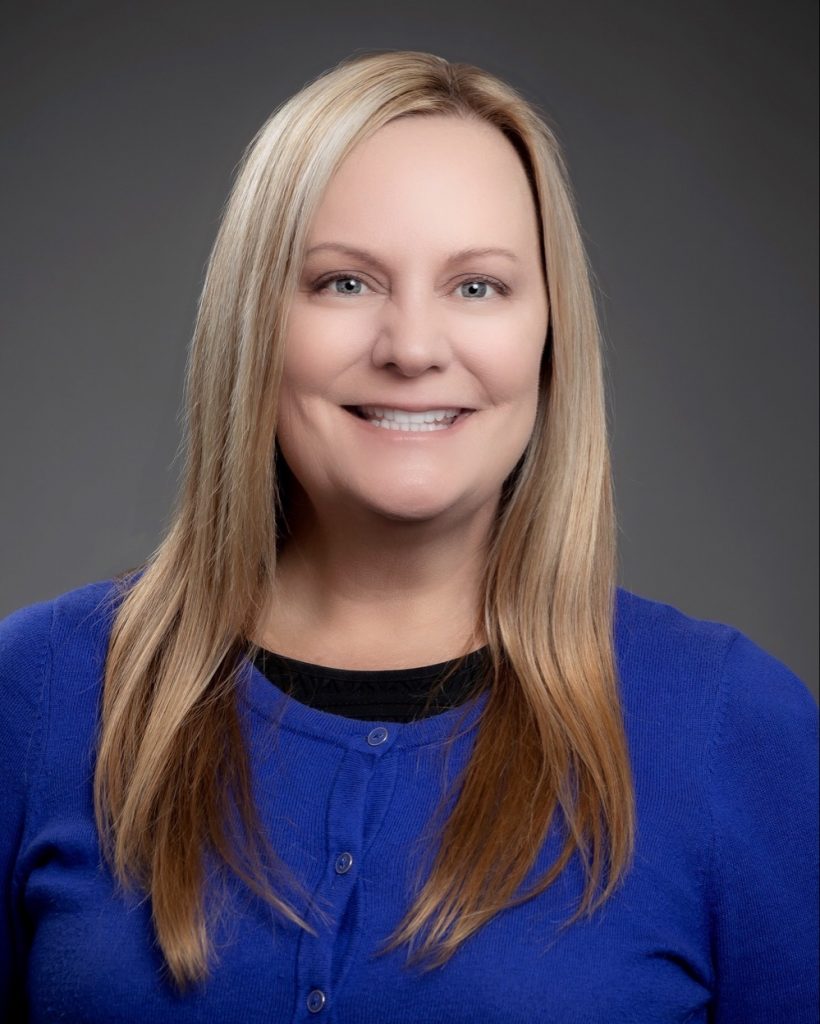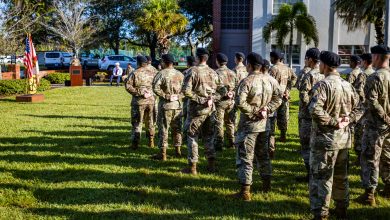Family Learning Program Marks 30 Years of Community Service
FLP Has Provided Important Treatment, Student Opportunities Since 1991
MELBOURNE, FLA. — A Florida Tech program offering psychological services to children and families who have experienced sexual abuse that also provides graduate students powerful, hands-on educational opportunities in clinical training and evidence-based treatment is marking a milestone this year: 30 years of service.
The Family Learning Program’s Sexual Abuse Treatment Program has provided treatment services for child and adolescent survivors from 3- to 17-years-old, their siblings and nonoffending caregivers through Florida Tech since its founding in 1991. It is one of just 14 Florida Department of Health sexual abuse treatment programs in Florida, and the only DOH-sponsored program in Brevard County.
The program’s grant-funded services, which are offered at no cost to participating families, are provided by clinical psychology doctoral students under the supervision of Demara Bennett, Psy.D., a licensed psychologist and associate clinical professor of psychology who has directed the program since 2012.
The program currently has 11 student clinicians and five volunteers, all from Florida Tech’s doctor of psychology program. The experience of working at the Family Learning Program has become a sought-after component for many psychology students that often helps them land competitive pre-doctoral internships, said Bennett, who has supervised 84 doctoral psychology students and 20 undergraduate interns during her nine years as FLP director.

For doctoral students Katie Glauner and Courtney Kalmanson, who have spent the last three years as clinicians and associate directors for the Family Learning Program, the experience has been invaluable.
“FLP has been the most influential program I have been involved in since beginning my education at Florida Tech,” Glauner said. “It has allowed me to develop as a trauma-informed clinician due to the numerous training opportunities the program provides me, as well as from receiving great clinical supervision under Dr. Bennett.”
Kalmanson said, “FLP has allowed me to gain experience working with childhood sexual abuse survivors, including learning the importance of trauma-informed care. I have received excellent supervision and mentorship from Dr. Bennett, which has contributed to my ability to be a better leader and clinician. ”
The Family Learning Program was founded by psychology professor Juanita Baker, who served as its director until her retirement in 2007. She said it is a critical way for Florida Tech to utilize psychology science to reach out and help the community.
“When one starts a program not done before but sees it is important and needed, one never knows if it will succeed,” said Baker, now a professor emerita. “The FLP in a clinical university setting, with much expertise like the School of Psychology at Florida Tech, is ideal as it not only aided so many children and families, but it has also given excellent training to many clinical psychology students as well as brought in millions of dollars to Florida Tech from the state of Florida that is essential for the FLP program to operate and for the benefit of so many students/future professionals as well as for so many clients and families over the years.”
The Sexual Abuse Treatment Program uses Trauma-Focused Cognitive Behavioral Therapy and other evidence-based and evidence-supported treatments implemented within a family systems treatment model. It is guided by four core values: community awareness, intervention, collaboration and prevention.
Services are tailored to address each family’s specific needs and typically include individual, group and family therapy and safety planning. The program’s focus on treating the entire family makes it one of just a handful with that approach.
“Most programs do incorporate caregivers at some point in child victims’ treatment, but for us, it is a deliberate treatment for the entire family,” Bennett said. “We understand family dynamics are such that they are important to address when sexual abuse has occurred, and we understand sexual abuse of one family member affects all family members in different ways. Through treating the entire family, we also have better treatment efficacy with the victims and reduce the risk of revictimization. The families we serve benefit the most when we all work together.”
Baker, the founding director, added, “So many families have appreciated and grown from FLP being there for them.”
There is growth, too, for those working within the program.
Kaci Garcia, a post-doctoral fellow at Segel Psychological Center in Coconut Creek, Florida, who earned her doctorate of psychology at Florida Tech, said her experience in the FLP was formative.
“The Family Learning Program truly runs as a team and with that experience, I was able to learn valuable lessons in clinical, supervisory, and administrative work,” she said. “This program and Dr. Bennett have helped to shape my career, and I am forever grateful.”
The Family Learning Program’s impact goes beyond its families and staff. Bennett and others collaborate with community agencies to offer outreach and training, working with law enforcement, Brevard Public Schools, the Brevard Health Alliance and other groups. “The training is typically about child sexual abuse, and sometimes they ask us to provide more information about the program,” Bennett said.
The success and longevity of the Family Learning Program is a testament to Bennett, as well as to the recognition from Florida Tech leadership of the program’s value, Baker added.
“The FLP has helped so many families of both boys and girls who have been sexually abused,” she said. “And still even after 30 years, the public needs education and understanding to help the abused youth cope with the trauma they may still be dealing with and to work towards stopping sexual abuse.”
For more information on the Family Learning Program, please visit research.fit.edu/flp/, email FamilyLearningProgram@fit.edu or call 321-604-5898.





